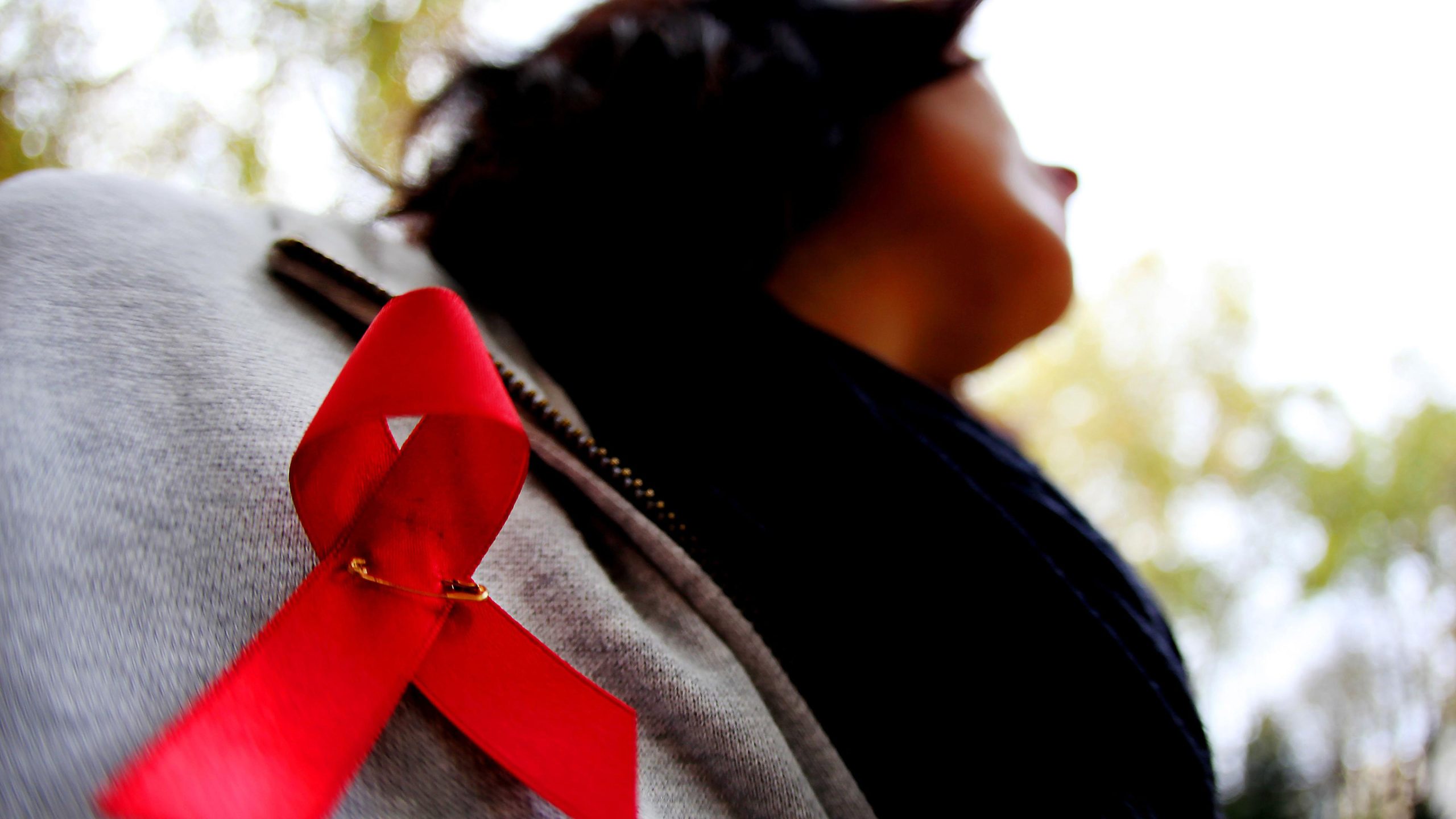Infection
New HIV infections explode in Luxembourg
New cases of HIV infections exploded last year in Luxembourg, the health ministry said, as a European-wide testing scheme for the virus gets underway on Monday.
A specialist unit at the CHL hospital in Luxembourg City recorded 67 new infections in the Grand Duchy last year, up from 50 the year before and 33 in 2020, the health ministry said in a press release on Monday. Women accounted for 39% of all new infections.
Authorities registered 164 people who are carrying the virus and were seen for the first time by a doctor in the country – a 69% rise compared to 2021 when 97 HIV-positive patients had their first consultation in Luxembourg.
Of the 167 people, 97 had already been infected prior to 2022 and had been seen by a doctor abroad, the health ministry said.
“The sudden increase in the number of HIV infections diagnosed can also be explained by the increase in screening and the resumption of people’s mobility following the COVID-19 pandemic, as well as the reopening of meeting places,” the ministry said.
The new figures were released on the day that a European-wide testing week got underway.
In Luxembourg, people can get free and anonymous blood tests without a prescription at the CHL hospital in Luxembourg City, the National Health Laboratory in Dudelange and the Centre Hospitalier Emile Mayrisch in Esch-sur-Alzette, as well as at the privately-owned laboratories Ketterthill, Bionext, and Laboratoires Réunis.
Other testing methods, like rapid tests and rapid self-tests, also exist, the ministry said.
“The earlier people become aware of their infection, the sooner they can receive appropriate treatment, prevent transmission and improve their health. Today, advances in HIV treatment mean that people living with HIV can live long and healthy lives if they are diagnosed early enough and take their treatment properly,” the ministry said.
Last year, there were more than 39 million people worldwide living with the virus, which is mainly transmitted through sexual activity, with an estimated 630,000 deaths as a result of HIV-related illnesses, the World Health Organization (WHO) said.
Between 1 and 1.7 million new infections were registered globally in 2022, a drop compared to the previous year when the WHO estimated between 1.1 and 2 million people contracted the virus.

